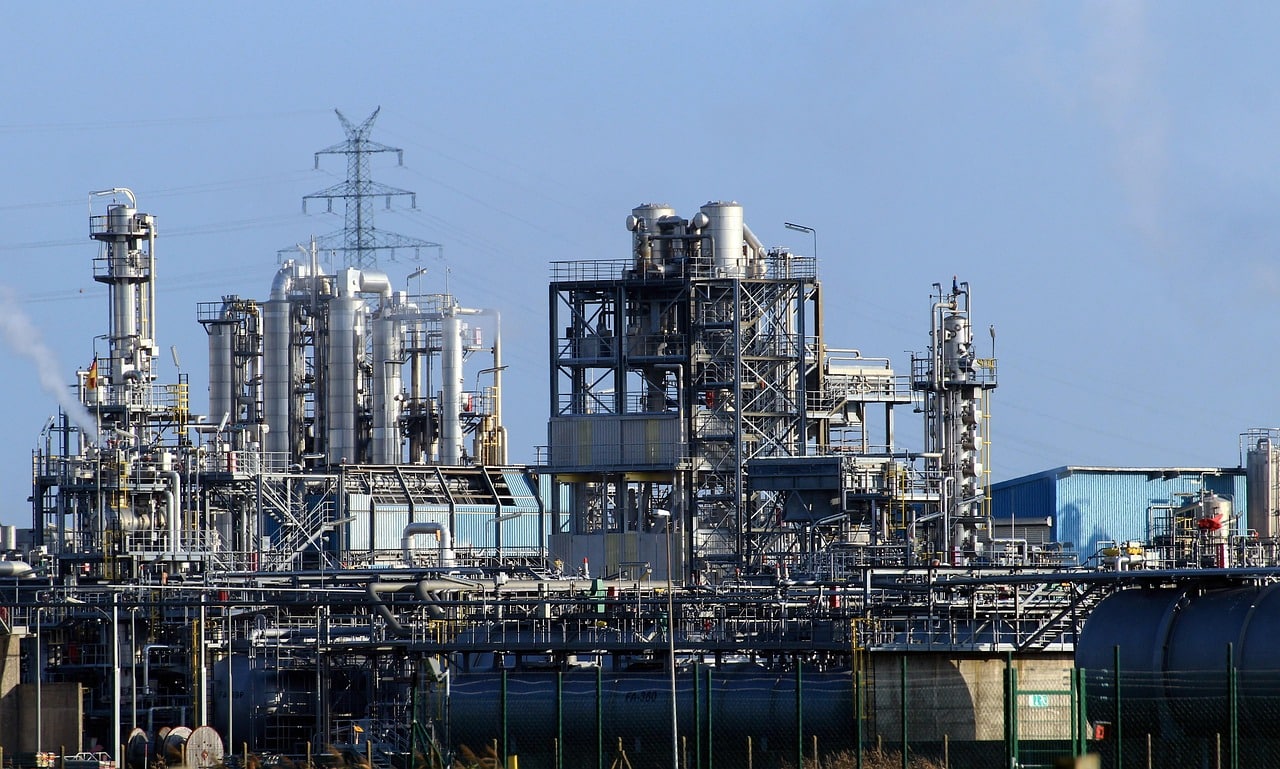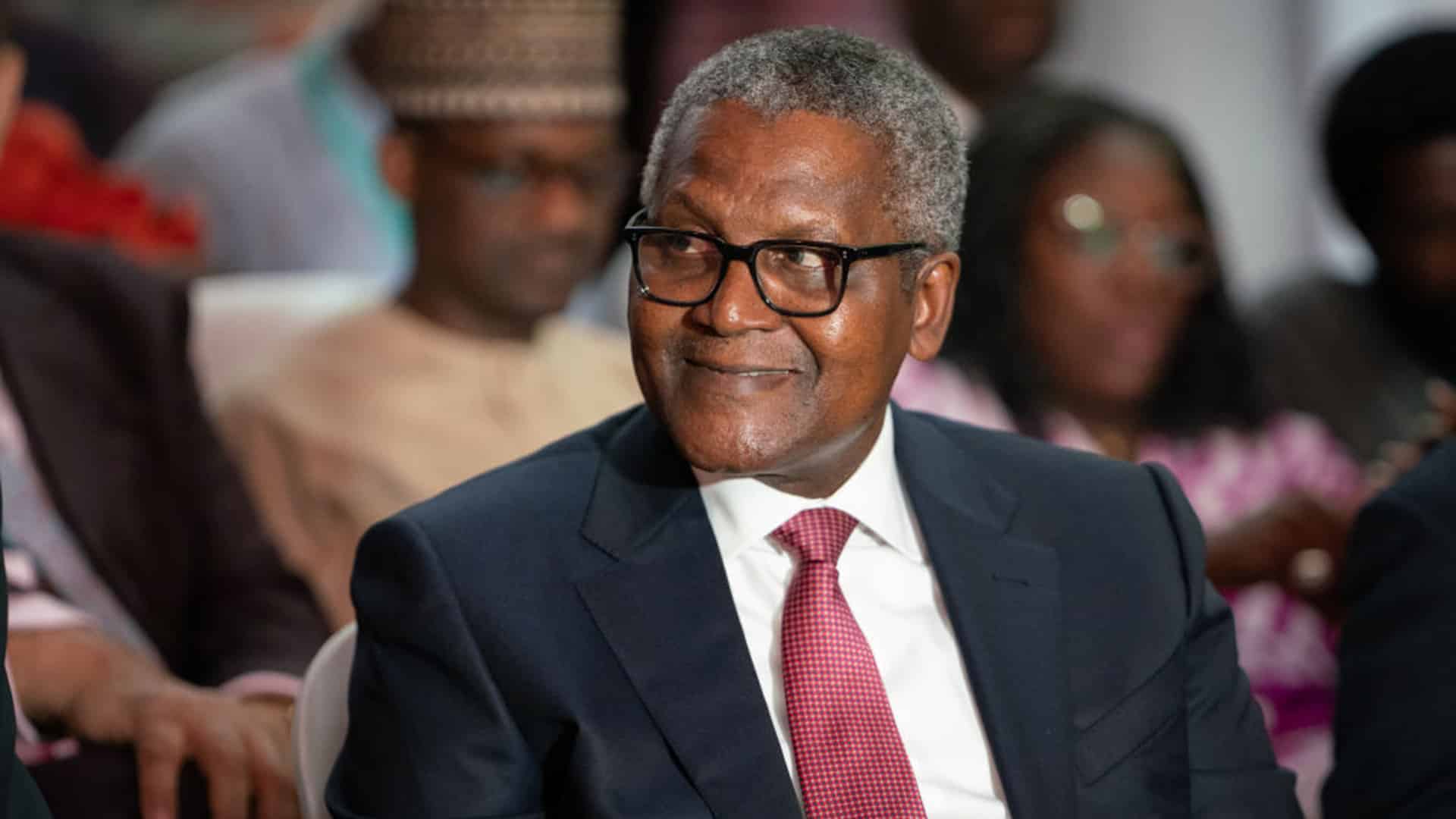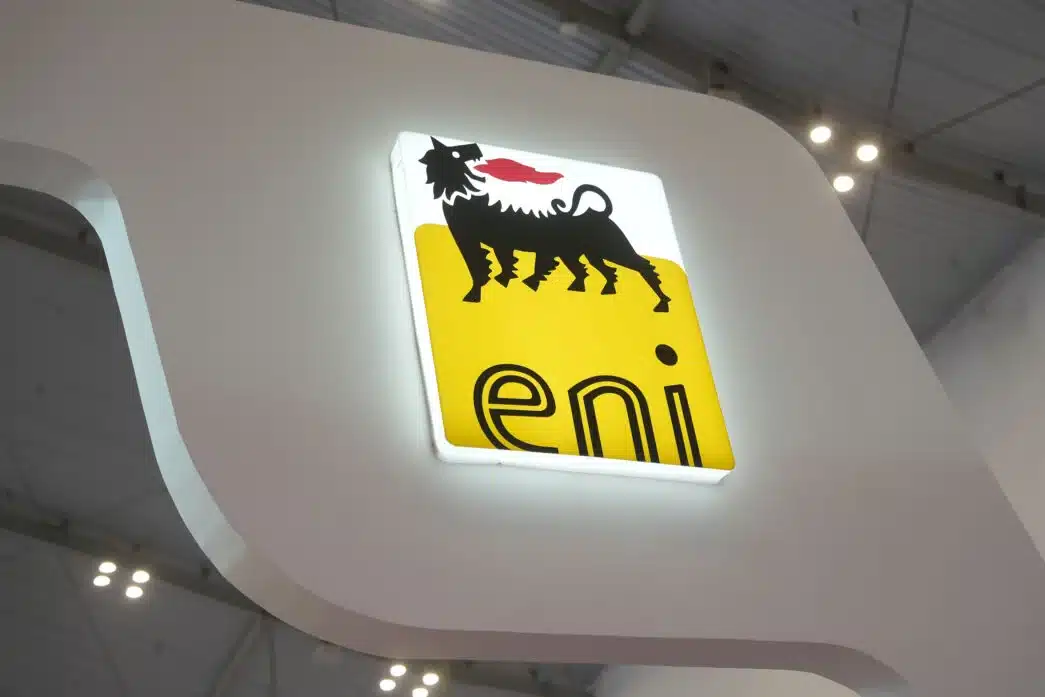When Nigeria finally enacted the Petroleum Industry Act (PIA) in 2021, many citizens saw it as a long-awaited liberation for the oil and gas sector.
Of course, they were right. The legislation had endured over two decades of revisions, delays, and political wrangling before President Muhammadu Buhari signed it into law on August 16, 2021.
It was a monumental step, replacing a fragmented set of 16 outdated laws with a unified legal, regulatory, and fiscal framework designed to modernise the industry.
Yet, just a few years after this landmark achievement, fundamental cracks began to show. While the PIA was celebrated as a breakthrough, it quickly became evident that it wasn’t the almighty formula.
Now, in 2025, the government is moving to amend the Act. A bill, Petroleum Industry Act (Amendment) Act 2025, has already received early approval for implementation talks under President Bola Tinubu’s administration.
According to parts of the proposed legislation seen online, the aim is to shift strategic control from the Ministry of Petroleum Resources and the Nigerian National Petroleum Company (NNPC) Limited to the Ministry of Finance Incorporated (MOFI) and the Nigerian Upstream Petroleum Regulatory Commission (NUPRC).
To many observers, this shift raises concerns.
They say it signals a re-politicisation of NNPC—but let’s take a closer look.
NUPRC to handle oversight of oil contracts
Under the proposed amendments to the PIA, NUPRC would assume the role of government concessionaire in a range of commercial oil contracts—replacing NNPCL. These contracts include:
- Production Sharing Contracts (PSCs)
- Profit Sharing Contracts
- Risk Service Contracts
This shift would effectively position NUPRC as both regulator and commercial participant, challenging the boundaries set by Section 8 of the PIA, which currently defines the Commission’s role strictly in terms of commercial regulation.
In practice, NUPRC would be tasked with evaluating, verifying, and approving work programs and contractor costs to determine which expenses are eligible for cost recovery.
This dual role raises questions about regulatory neutrality and oversight integrity.
Additionally, the amendment proposes a review of responsibilities in integrated operations.
These are projects that involve shared use of infrastructure across upstream and downstream activities. Currently, NUPRC handles technical regulation for such operations.
However, the new proposal suggests forming joint project teams comprising both NUPRC and the Nigerian Midstream and Downstream Petroleum Regulatory Authority (NMDPRA) to oversee these projects collaboratively.
MOFI to handle revenue collection
The proposed amendment will also reshape how Nigeria’s state-owned energy company NNPC Limited manages its oil revenues.
It seeks to shift the responsibility of collecting revenues from NNPC to the Ministry of Finance (MOFI) in a bid to plug what officials describe as “escalating fiscal leakage and revenue loss.”
Attorney General Lateef Fagbemi noted that the current PIA structure allows for opaque deductions and statutory leakages, which have contributed to declining net oil revenue inflows.
According to a report by Reuters, Fagbemi, stated that certain provisions of the PIA have created “structural and legal channels through which substantial revenues of the Federation are being diverted away from the Federation account.”
The proposed changes aim to address these issues by enhancing transparency and curbing financial misappropriation within NNPCL.
In essence, the shift reflects a broader push by the Nigerian government to tighten financial oversight and boost transparency in oil revenue management.
Changes to NNPCL’s shareholding structure
Under the proposed amendments to the PIA, ownership of NNPCL shares—currently held jointly by the Ministry of Petroleum Incorporated and MOFI—would be consolidated solely under MOFI.
This shift would grant the Ministry of Finance exclusive authority over NNPCL’s strategic direction and governance.
In effect, NNPCL would no longer be a co-equal shareholder in its own structure, marking a significant departure from the current balance of control.
By centralizing control and tightening oversight, the government hopes to strengthen its grip on oil and gas revenues.
This effort aligns with recent fiscal reforms.
In a new PSC deal with TotalEnergies, the government reduced the cost recovery ceiling for offshore operators from 80% to 70%, thereby increasing the Federation’s revenue share.
“The federation stake is strengthened while contractors still receive fair value,” said NNPCL CEO Bashir Ojulari, defending the policy shift.
Potential concerns surrounding the proposed amendments
While the proposed amendments to the PIA are framed as steps toward national progress, they come with notable concerns.
Industry analysts warn that the changes could blur the lines between regulation and commercial participation, particularly for NUPRC.
If the Commission assumes roles beyond oversight, it risks conflicts of interest that could undermine its regulatory integrity.
More critically, the proposal would reshape the governance structure of NNPC Limited.
The potential transfer of NNPC’s entire shareholding to the Federation—managed solely by MOFI—raises red flags about the company’s operational autonomy and long-term growth prospects.
This shift suggests a return to political control over NNPC, a company that has only recently begun asserting its independence as a commercially driven entity.
With plans still underway to list its first shares, such a move could dampen investor confidence and stall progress.
Concerns deepen with MOFI’s proposed role in setting strategic direction and board objectives for NNPC.
Critics argue that this could lead to decisions driven more by political or fiscal agendas than by operational efficiency or market competitiveness.
Meanwhile, the proposed amendments are still in draft form and will require parliamentary approval to pass into law.











